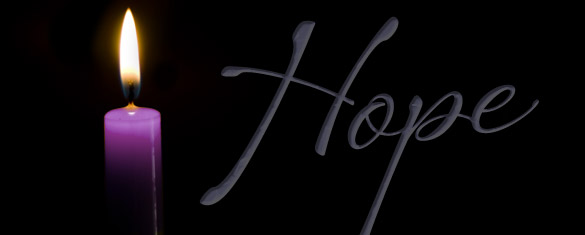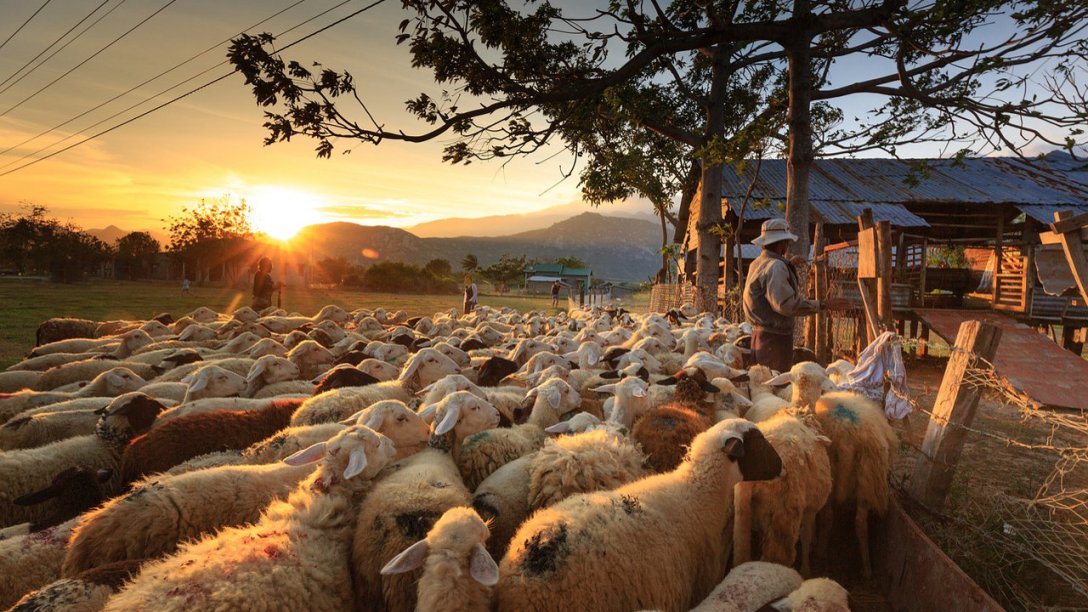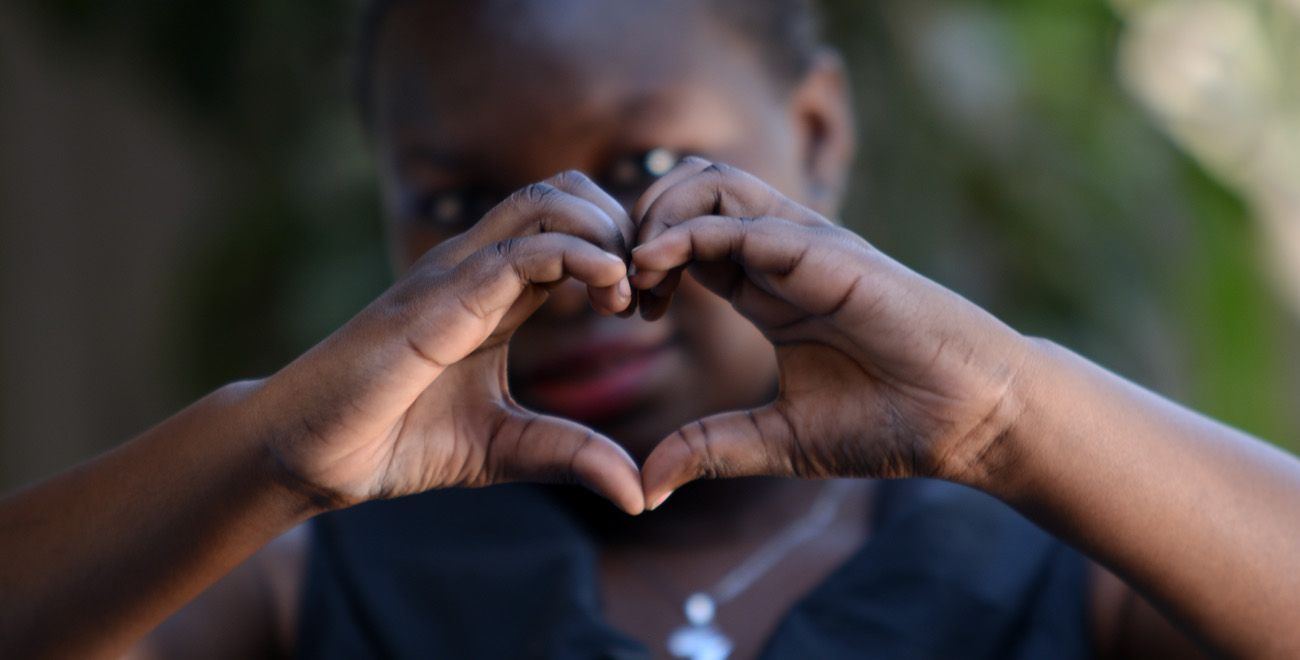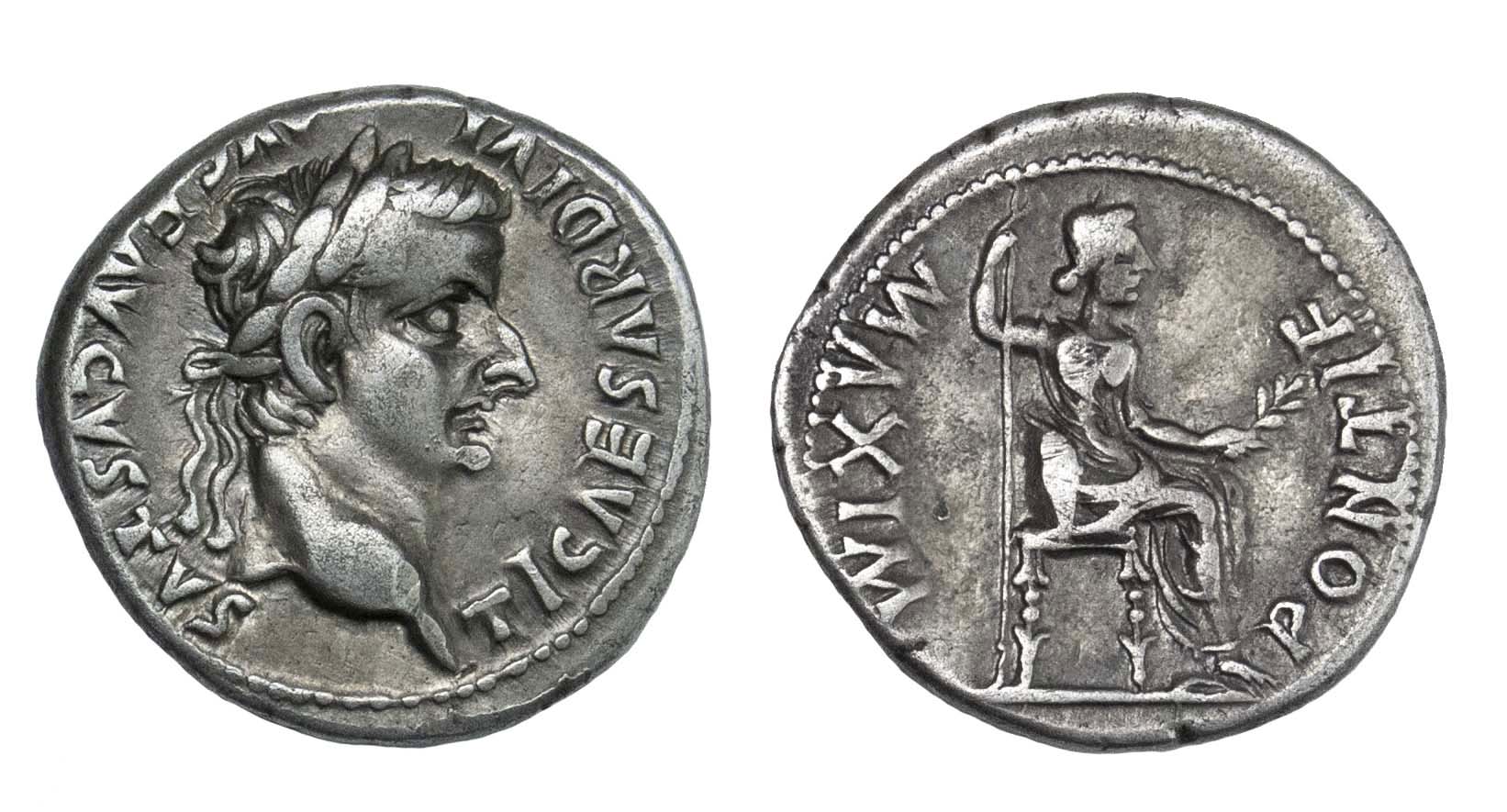Christmas is nearly here and this week we light the fourth Advent candle, the candle representing love. Not the mushy sentimental love that features in Christmas movies and most nativity scenes but the practical and costly love that is at the heart of the biblical Christmas story.
Mary is both a recipient and a giver of this love. Gabriel greets her as someone who has found favour with God and who is given a unique role as the mother of God’s Son. Nothing in her life to this point would have indicated her readiness or worthiness for such a role. Hence Mary is perplexed but thankful that she has been chosen. Like many others in the gospel story she is a relative nobody just trying to live a faithful life and by God’s grace she becomes a conduit for God’s love to be revealed to the world.
She will of course give birth to Jesus and nurture him in faith as he grows up. She will watch as he begins his ministry of healing and teaching, and she will watch in anguish as he is later crucified. She will be part of the emerging Christian community of faith that gathers after the resurrection. She will love Jesus as only a mother can and will bear the cost of watching her son die.
Like others in the gospel narrative, she is not the central character but one of many characters that point to Jesus and the love of God revealed through him. I wonder how your life and your choices shine the love of God to those around you as you in turn point others towards Jesus.
This week we again have a combined collaborative service prepared by Heathmont, Ringwood, Ringwood North and our two Croydon congregations. You will see and hear from several familiar faces from Croydon and Croydon North. Join together at 10 am in your respective worship spaces or login at the following website https://nruc.online.church/ from 9.45 am.
Click here for worship@home resources.









